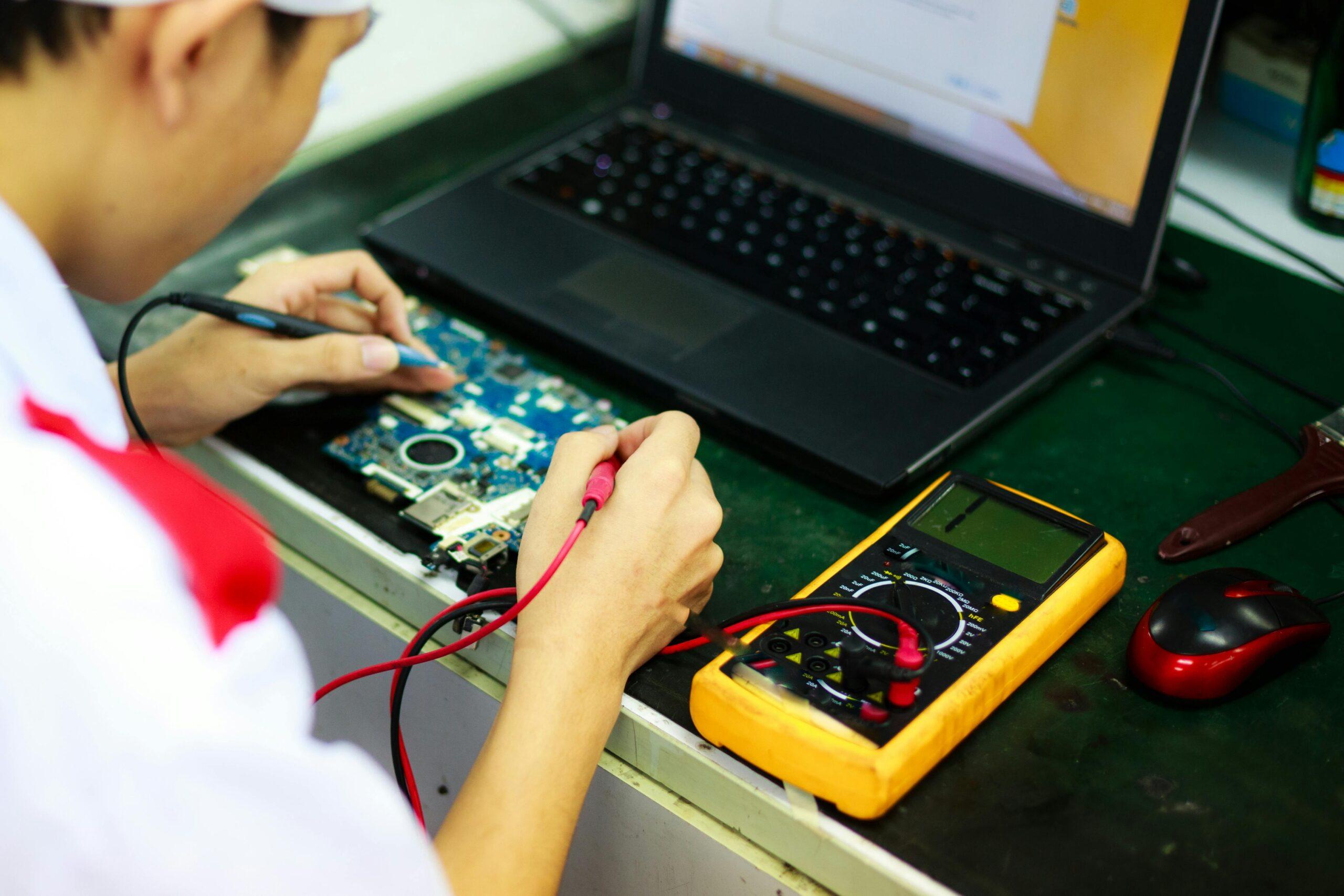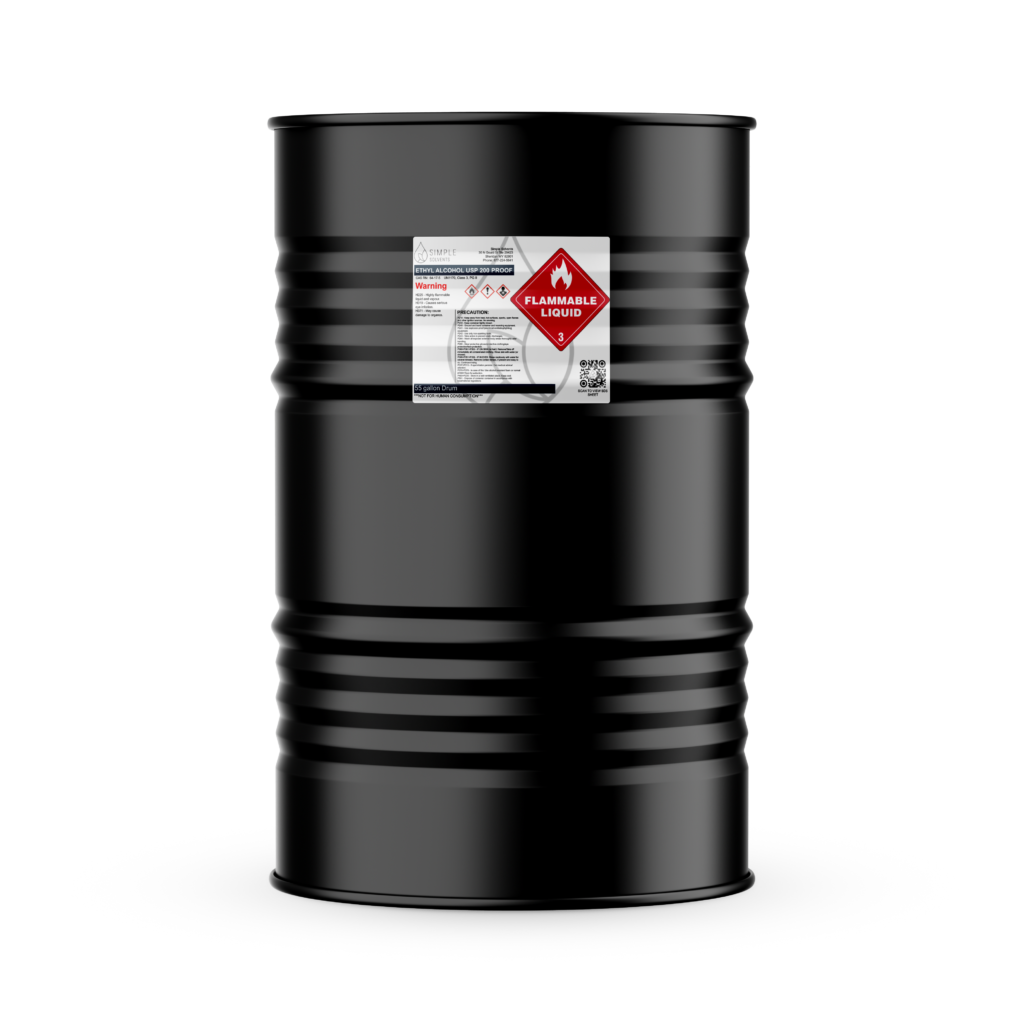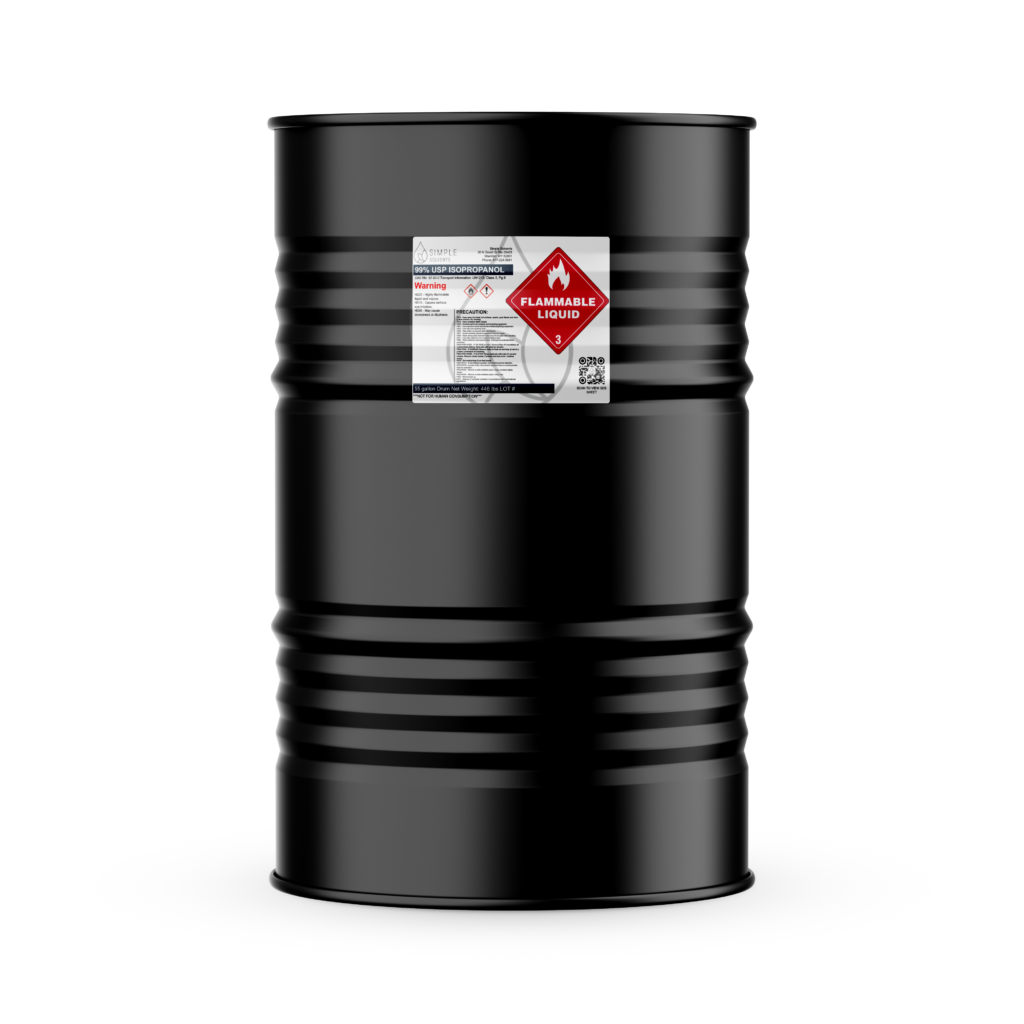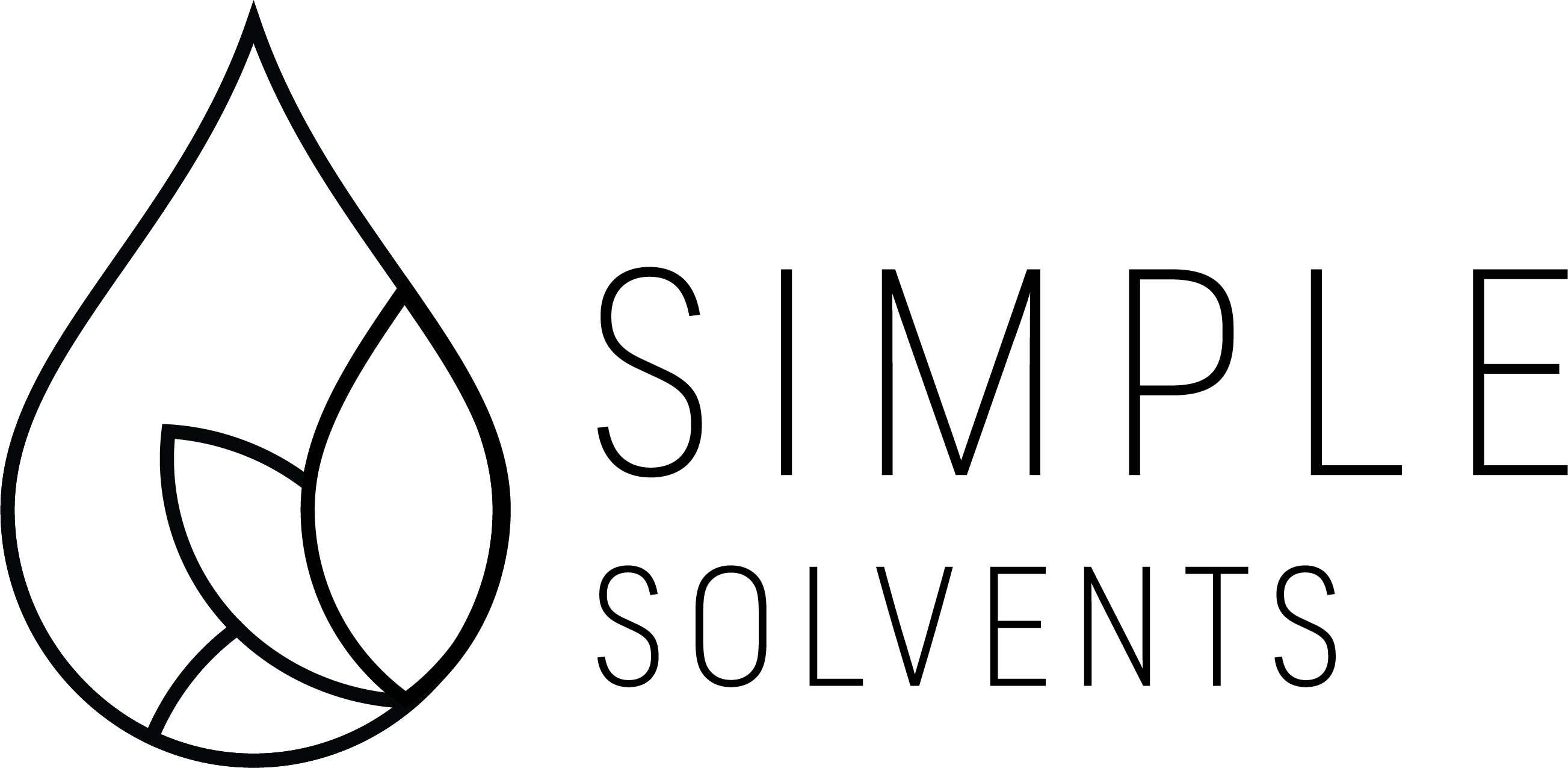Is Ethanol or Isopropyl Alcohol Better for Lab Electronics?

Is Ethanol or Isopropyl Alcohol Better for Lab Electronics?
When cleaning lab electronics, is Ethanol or Isopropyl Alcohol Better for Lab Electronics? Two common solvents used for cleaning lab electronics are ethanol and isopropyl alcohol. Both solvents are effective in cleaning, but the choice of solvent depends on the type of electronics and the nature of the contaminants. In this article, we will compare ethanol vs. isopropyl alcohol and determine which one is better for lab electronics.

Ethanol
Ethanol, also called ethyl alcohol, is a colorless, flammable liquid with a mild odor. It is made by fermenting sugars and starches and is commonly used as a solvent in the laboratory. Ethanol is a polar solvent that can dissolve polar substances such as salts, acids, and some organic compounds. It is also miscible in water, which means it can mix with water in any proportion.
Isopropyl
Isopropyl alcohol also called rubbing alcohol, is a strong-smelling, colorless, and flammable liquid. The hydration is made of propylene and is usually used as a solvent in the laboratory. Isopropyl alcohol is a non-polar solvent that can dissolve non-polar substances such as oils, greases, and some organic compounds. It is also miscible in water, which means it can mix with water in any proportion. It is also on the list of safe chemical ingredients, which can be found by clicking here.

Is Ethanol or Isopropyl Alcohol Better for Lab Electronics: Comparing the Two
When cleaning lab electronics, both ethanol and isopropyl alcohol effectively remove contaminants such as dust, dirt, and oils. However, an ethyl alcohol cleaner is a better solvent for removing polar substances like salts and acids. In comparison, isopropyl alcohol is a better solvent for removing non-polar substances, such as oils and greases.
In addition, ethanol is less volatile than isopropyl alcohol, evaporating more slowly and leaving less residue. This is an important consideration when cleaning sensitive electronics such as circuit boards and microchips, as any residue left behind can interfere with the performance of the electronics. Ethanol is also less likely to damage sensitive plastics and rubber components, which can be a concern when using isopropyl alcohol.
On the other hand, isopropyl alcohol is more effective at removing stubborn contaminants such as adhesives and flux residues. This is because isopropyl alcohol has a stronger solvent power for non-polar substances often found in adhesives and flux residues. Isopropyl alcohol is also less expensive than ethanol, which can be considered when cleaning large quantities of electronics.
Another factor to consider when choosing between ethanol and isopropyl alcohol is their purity. In the laboratory, both solvents are available in different grades of purity, ranging from technical to high-performance. Technical-grade ethanol and isopropyl alcohol may contain impurities, such as water, affecting their solvent power and leaving residues. High-performance grade ethanol and isopropyl alcohol are more expensive but are free from impurities and provide consistent cleaning results.
Simple Solvents with a Wide Range of Uses
Is ethanol or Isopropyl Alcohol better for Lab electronics? Both ethanol and isopropyl alcohol are effective solvents for cleaning lab electronics, but the choice of solvent depends on the type of electronics and the nature of the contaminants. Ethanol is a better solvent for removing polar substances such as salts and acids and is less likely to damage sensitive plastics and rubber components. Isopropyl alcohol to clean is a better solvent for removing non-polar substances such as oils and greases and is more effective at eliminating stubborn contaminants such as adhesives and flux residues. The purity of the solvent is also an important consideration, with high-performance grade solvents providing consistent cleaning results. Ultimately, the choice of solvent should be based on the specific cleaning requirements of the lab electronics and the desired cleaning results.
From industrial manufacturers to home extraction hobbyists, Simple Solvents‘ customers can use the purest pharmaceutical-grade ethanols and solvents available. They also receive proof of purity with every batch they purchase. Shop for ethyl alcohol cleaners on our online store right now!
